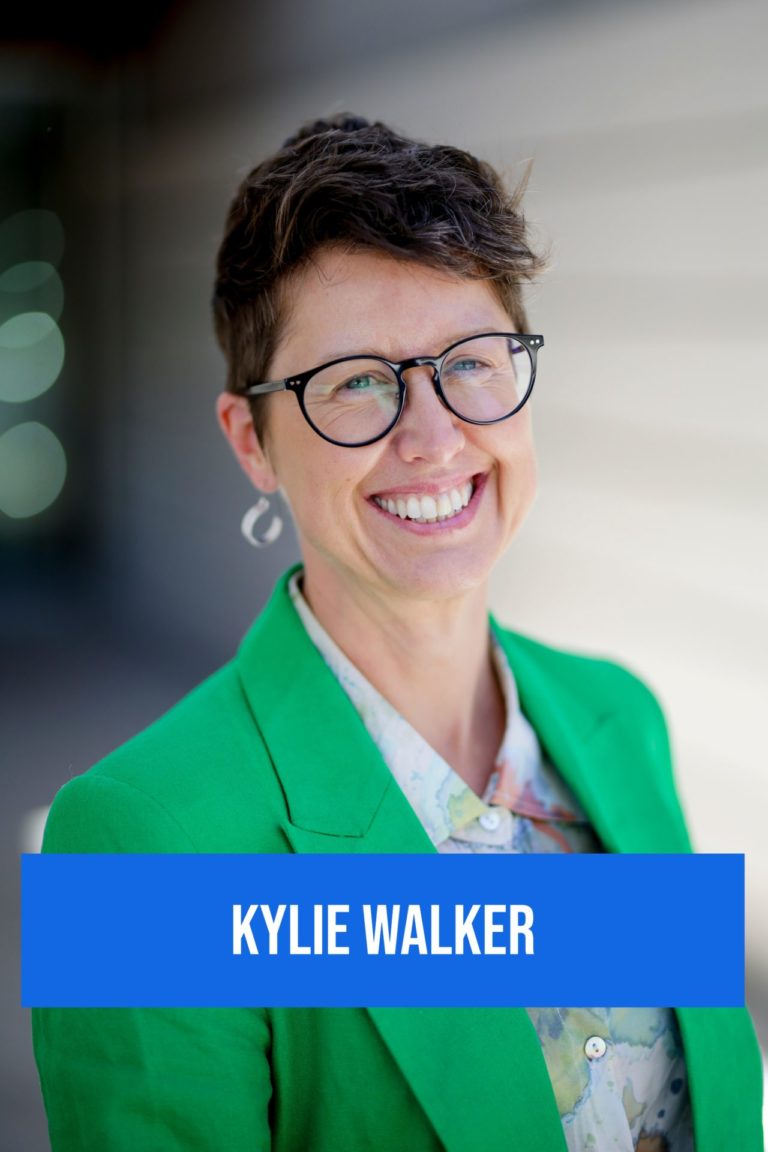The Australian Academy of Technological Sciences and Engineering (ATSE) is offering new 116 scholarships to support women and diverse people to thrive in science, technology, engineering, and mathematics (STEM) careers.
Today’s announcement marks the second round of the seven-year, $41.2 million program funded by the Department of Industry, Science and Resources. The increased number of scholarships available from ATSE through the 2024 Elevate program is made possible with targeted support from the Department of Defence.
This year, the scholarships have been allocated across 74 undergraduate scholarships, 32 postgraduate scholarships, and 10 leadership scholarships. Applications for the Elevate program commencing in 2025 will open in early 2024.
14 additional undergraduate scholarships are on offer under a new partnership with the Australian Defence Science Technology Group (DSTG). The partnership aims to address the current STEM skills shortage by nurturing much-needed, diverse STEM skills to support Australia’s growing science and defence workforce.
More women seeking STEM pathways
ATSE CEO Kylie Walker said she is thrilled to see the Elevate program grow from strength to strength. With more than 1,200 applications in 2023, the demand from Australian women keen to study STEM as a fulfilling career path is clear.
“We are thrilled to partner with the Defence Science and Technology Group to support even more women and diverse people to join the STEM workforce and contribute to building the opportunities of our STEM-fuelled future,” Ms Walker says.

Financial support, extensive skills development, mentoring, and peer networking are made available to all Elevate scholars. The 14 Defence-funded scholarships also provide access to tours, panels, and workshop events around the country, as well as invitation-only DSTG networking events.
Defence force needs diverse views and skillsets
Australia’s Chief Defence Scientist, Professor Tanya Monro AC FTSE FAA says there is a growing need for diverse experiences and views in shaping Australia’s defence capabilities.
“Attracting talented STEM professionals to the rewarding field of defence science and technology is critical. Defence is building a capable and diverse workforce – we have an ambitious 50 per cent target for women’s participation across key research and innovation career pathways,” Professor Monro says.
ATSE Elevate scholarships are awarded to individuals who identify as a woman or non-binary person. Many of the Elevate cohort have also identified as culturally and linguistically diverse.
All Elevate scholars – including 116 women and diverse people – will commence their studies in early 2024, across 26 Australian universities. The opportunity will enable them to explore a range of science disciplines, including artificial intelligence (AI), cybersecurity and nuclear engineering.
Celebrating diversity in STEM sector
The Australian Academy of Technological Sciences & Engineering’s Elevate program will award up to 500 undergraduate and postgraduate scholarships to women and non-binary people in STEM across the program duration.
“Encouraging women to pursue careers in STEM is crucial for fostering diversity, inclusion, and innovation,” says ATSE CEO Kylie Walker. “By breaking down gender barriers, we can tap into a broader talent pool, ensuring that the most qualified individuals contribute to advancements in science, technology, engineering, and mathematics. Achieving gender balance in STEM promotes economic growth, global competitiveness, and the development of inclusive solutions to our most complex challenges.”
Demand for STEM skills is increasing
STEM occupations, Ms Walker says, will increase by 13 per cent over the next five years, “but the number of domestically trained engineers is dropping”.
“Australia needs 100,000 more digitally skilled workers and 40,000 more engineers in the next two years alone,” she told EducationDaily. “If Australia is to reach these targets required to meet the challenges of a rapidly changing global technological landscape, we must embrace the full spectrum of our potential. It is up to us to deliberately break the barriers and support women and non-binary people to enter and thrive in this critical space. The best people – of all kinds – are required if we want to reach our potential and play a leadership role in our region and globally.”
Elevate application assessors are asked to prioritise competitive applications from Aboriginal and Torres Strait Islander applicants, and applicants who identify as being from a regional, rural or remote background.
“Beyond invaluable financial assistance, scholars participating in the program will have access to a robust support system,” Ms Walker says. “This includes peer mentoring, professional development opportunities, and industry mentorship programs – all aimed at empowering our scholars to reach their full potential and contribute meaningfully to the world of STEM.”








